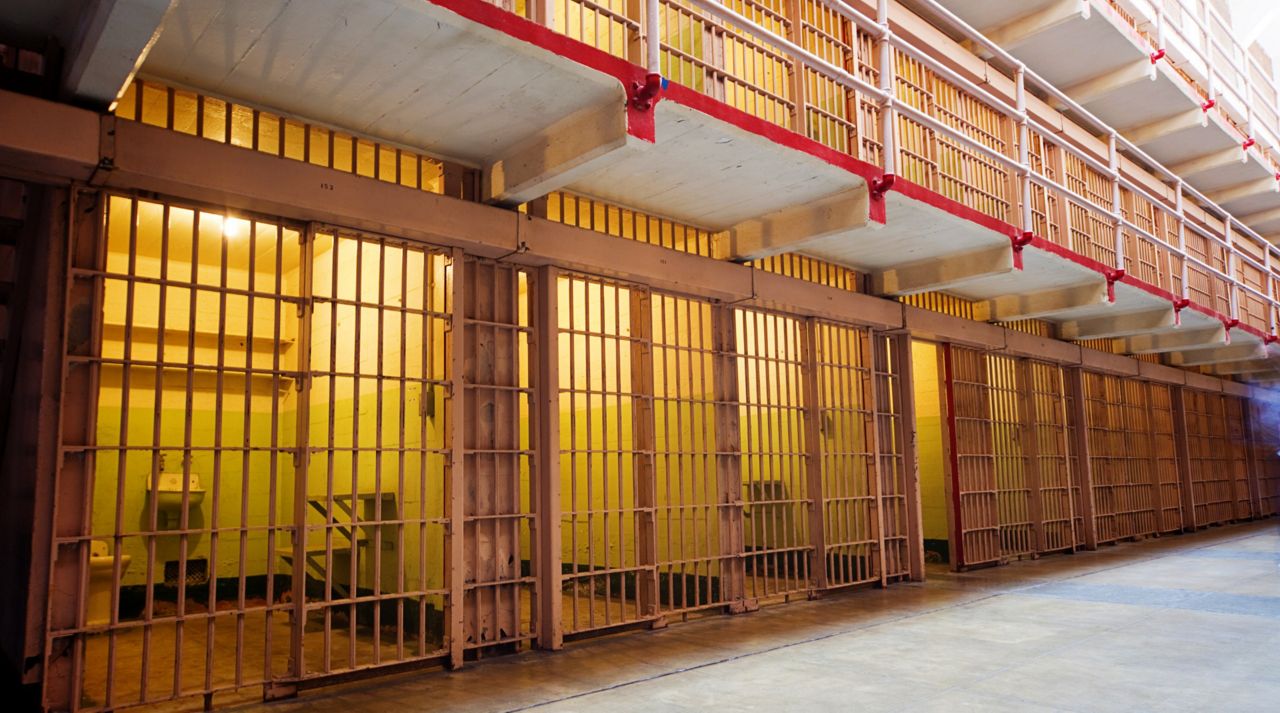New York will begin to vaccinate older inmates, officials announced Thursday, hours after advocates filed a lawsuit.
The move applies to incarcerated people who are age 65 and above, matching the general population in New York that qualifies for the vaccine at this point.
"I applaud the Governor for making the very important decision to vaccinate elderly incarcerated New Yorkers, one of the groups with the highest risk of contracting COVID-19 in our state," said Sen. Gustavo Rivera. "The plan to include incarcerated New Yorkers who are 65 years and older in the state’s historic distribution plan is prudent, given that prisons have become hotbeds for this virus, and it will go a long way to assuage the unique fear that incarcerated individuals, their families, and loved ones, have experienced during this pandemic."
It is impossible to socially distance in a prison or jail setting, and the facilities have seen outbreaks of COVID-19 during the pandemic. Corrections officers and staff, too, who come and go from the facilities, have also had high rates of infection.
"New Yorkers who live in prisons, particularly those who would otherwise be eligible for the vaccine based on age or condition if they were not in these facilities, must be protected and eligible at the same time as other at-risk groups of New Yorkers," Rivera said.
The development is a victory for advocates who had pushed state officials to begin vaccinations, as they also seek the release of inmates who are considered vulnerable to the virus.
“Allowing incarcerated older New Yorkers access to the COVID-19 vaccine is a good first step but more needs to be done," said Theresa Grady, a community leader of the Release Aging People in Prison Campaign. "Because of decades of mistrust with prison health care and health care more generally in communities of color, there must be a robust plan for the State Health Department, or some other health agency that isn’t DOCCS to distribute, administer, and provide state of the art education associated with the vaccine and COVID-19."



